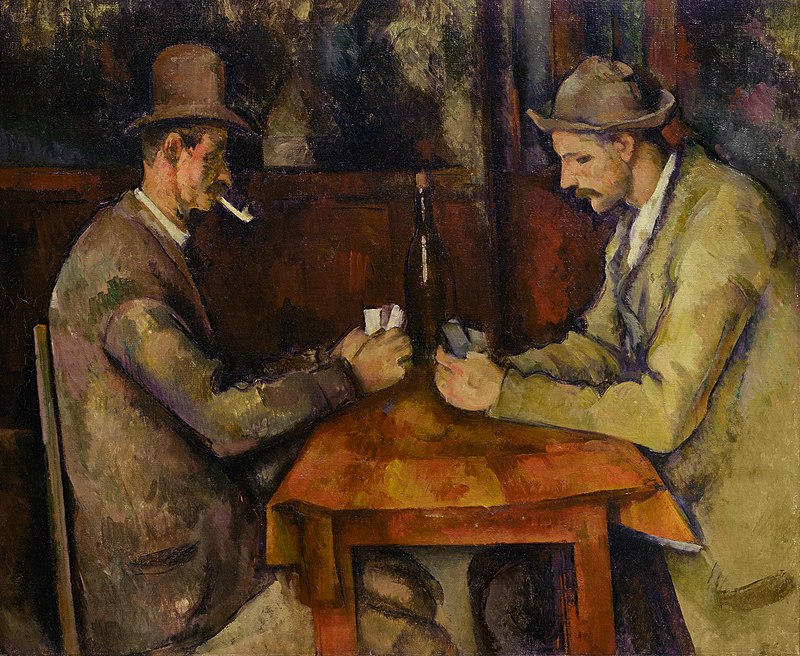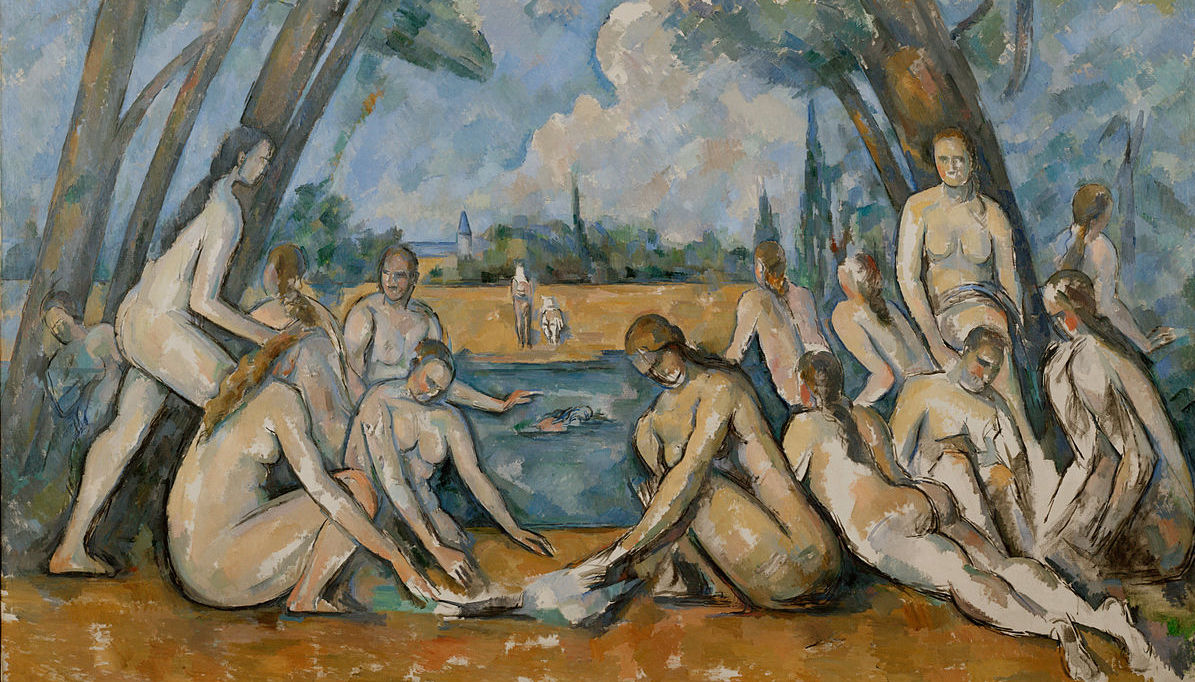





Paul Cezanne is a French artist and Post-impressionist painter whose work laid the foundations of the transition from the 19th-century conception of artistic endeavor to a new and radically different world of art in the 20th century.
Cezanne's often repetitive, exploratory brushstrokes are highly characteristic and clearly recognizable. He used planes of color and small brushstrokes that build up to form complex fields. The paintings convey Cezanne's intense study of his subjects. Both Matisse and Picasso are said to have remarked that Cezanne "is the father of us all".
Cezanne spent most time of his life drawing still life paintings. Instead of traditional focus perspective, Cezanne adopted the method of scatter perspective, which observes and depicts the objects from multiple perspectives. These still life paintings are colorful and have clear and powerful lines. The forms are also very solid and heavy.
Cezanne is recognized and known as "the father of modern Western art". Before Cezanne, art is just the imitation of another object; it is like a mirror which reflects some object existing in the nature. After Cezanne, art is no longer the reproduction of objects in the nature; instead, art becomes an independent unit, a complete structure, a liberated soul.




